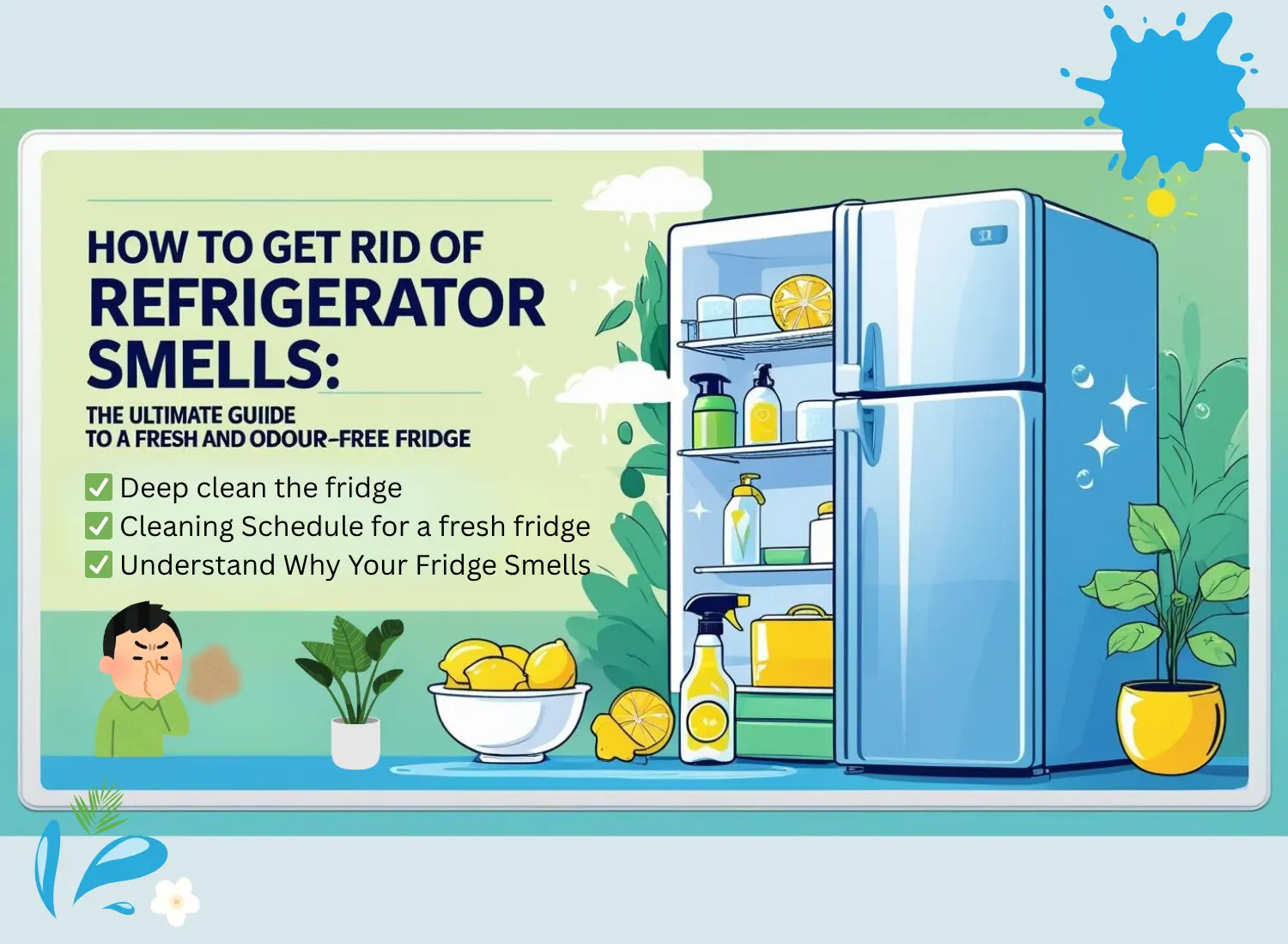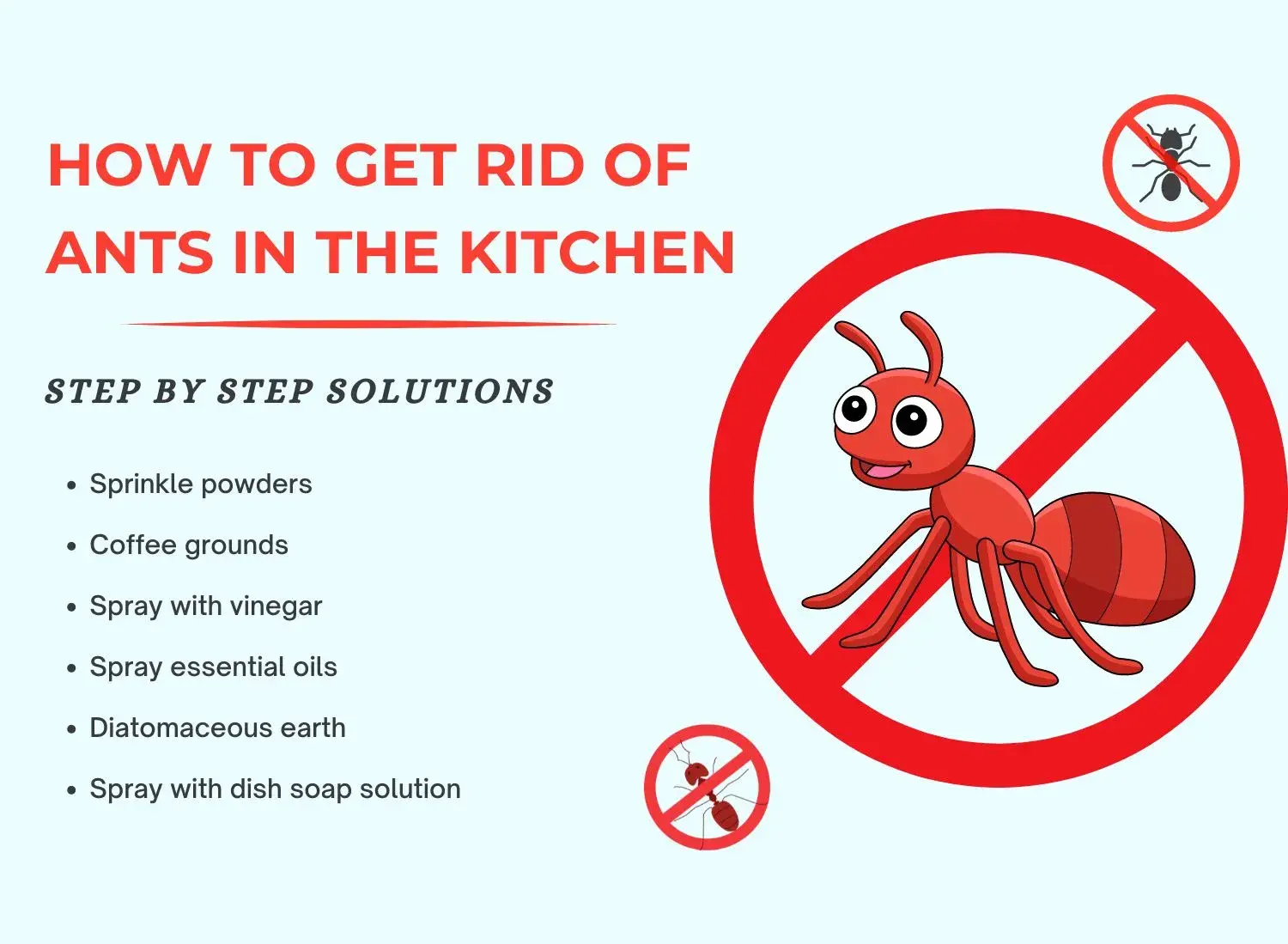A crucial component of every kitchen is commercial kitchen equipment. From ovens and fryers to refrigerators and dishwashers, kitchen equipment helps businesses to operate efficiently and effectively.
Like any other equipment, commercial kitchen equipment needs to be appropriately maintained to perform at its best. Equipment used in kitchens can benefit from routine maintenance by having it run safely and hygienically, extending its lifespan, and avoiding expensive repairs.
Maintaining kitchen equipment can seem overwhelming, especially with the numerous types and brands of equipment available. However, following a few simple steps can make maintenance a breeze.
Daily cleaning and maintenance, weekly deep cleaning, monthly maintenance, and yearly maintenance are all essential to keeping your equipments in good condition. The longevity of your kitchen equipment can be extended with proper use and handling, routine maintenance, and time-to-time equipment upgrades.
Taking care of kitchen equipment may seem daunting, but it is an essential investment that will save you money, time, and headaches in the long run.
This article will provide a brief overview of how to maintain commercial kitchen equipment, covering the necessary steps and tips to ensure your equipment functions optimally.
Steps By Step Tips To Maintain Commercial Kitchen Equipment
- Daily cleaning and maintenance:
- Clean and sanitize all surfaces and equipment after use.
- Check for any damage, such as loose wires or missing knobs.
- Empty grease traps and dispose of waste properly.
- Check the temperature of refrigeration units and adjust as necessary.
- Remove any food debris from cooking equipment, such as grills and fryers.
- Weekly cleaning and maintenance:
- Inspect and clean drains.
- Check and clean ventilation systems.
- Clean and sanitize floors, walls, and ceilings.
- Clean exhaust hoods and replace filters as needed.
- Deep clean cooking equipment, such as ovens and ranges.
- Monthly cleaning and maintenance:
- Clean and descale coffee makers and other beverage equipment.
- Check and clean ice machines.
- Deep clean refrigeration units, such as freezers and refrigerators.
- Check and clean the water heater.
- Inspect and clean the dishwasher.
- Yearly maintenance:
- Schedule professional care for all commercial kitchen equipment.
- Inspect and clean HVAC systems.
- Check and replace any worn or damaged parts.
- Deep clean the entire kitchen thoroughly.
- Review the maintenance schedule and make any necessary adjustments.
Most Common Problems With Commercial Kitchen Items
Identifying problems early:
- Listen for unusual sounds or vibrations.
- Check for leaks, odours, or unusual smells.
- Regularly inspect equipment for signs of wear and tear.
- Monitor equipment performance, such as cooking or cooling times.
- Observe employee feedback for any issues they may be experiencing.
Troubleshooting techniques:
- Verify temperature and pressure levels.
- Refer to the manufacturer’s manual for troubleshooting tips.
- Check electrical connections and replace any damaged wires.
- Test equipment with a voltmeter or other diagnostic tools.
- Perform simple maintenance tasks, such as cleaning or adjusting parts.
When to call for professional help:
- If the equipment is under warranty, contact the manufacturer for repairs.
- If the issue is beyond your expertise, contact a professional repair service.
- If the problem persists after troubleshooting, seek professional help.
- If the equipment is essential to your business’s operation, do not hesitate to call for professional use.
- If there is a safety hazard, such as a gas leak or electrical fire, evacuate the kitchen and call emergency services.
Also Read: Complete Guide For Choosing The Best Bakery Equipment
Conclusion
In conclusion, maintaining kitchen equipment is essential for the smooth operation of a food service business. Following the daily, weekly, monthly, and yearly maintenance steps, as well as understanding common problems and troubleshooting techniques, can help improve the equipment’s lifespan.
Proper use and handling, regular inspections, and upgrading equipment are also crucial for optimal functionality. Identifying problems early and calling for professional help when necessary is very important.
Maintaining commercial kitchen equipment can save businesses money and time and prevent safety hazards. By prioritizing equipment maintenance help, food industry businesses can provide their customers with safe, hygienic, and efficient services.










